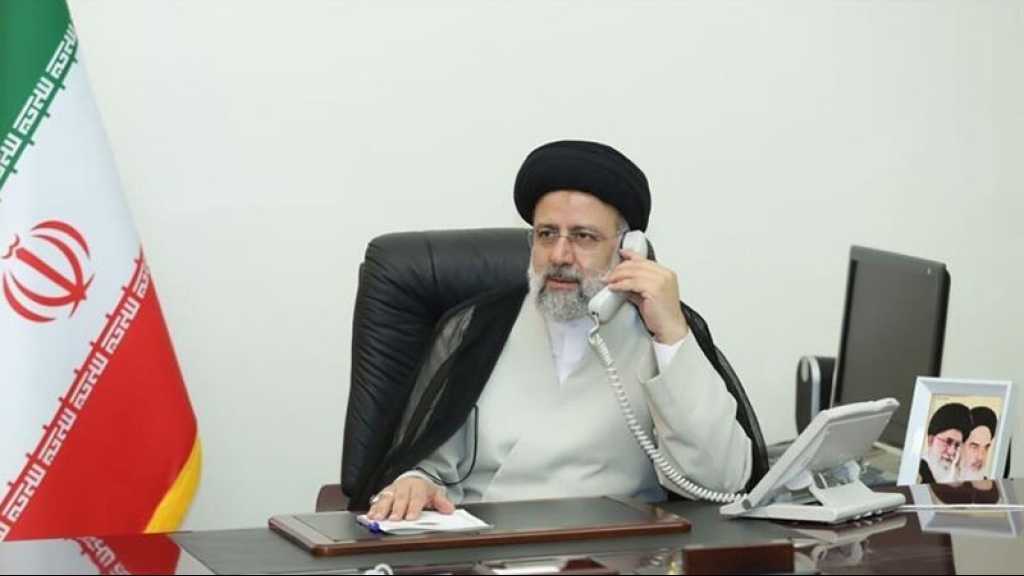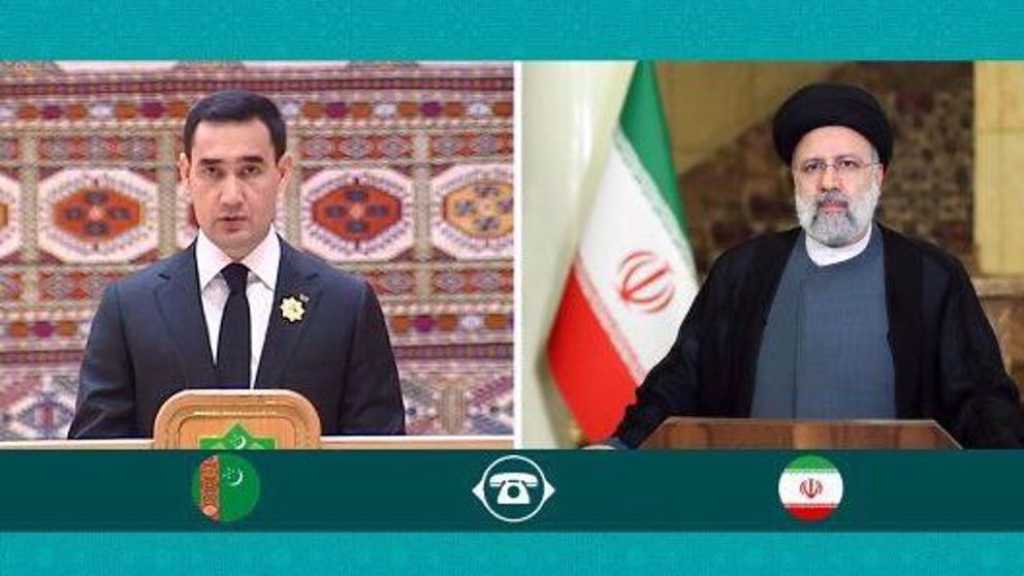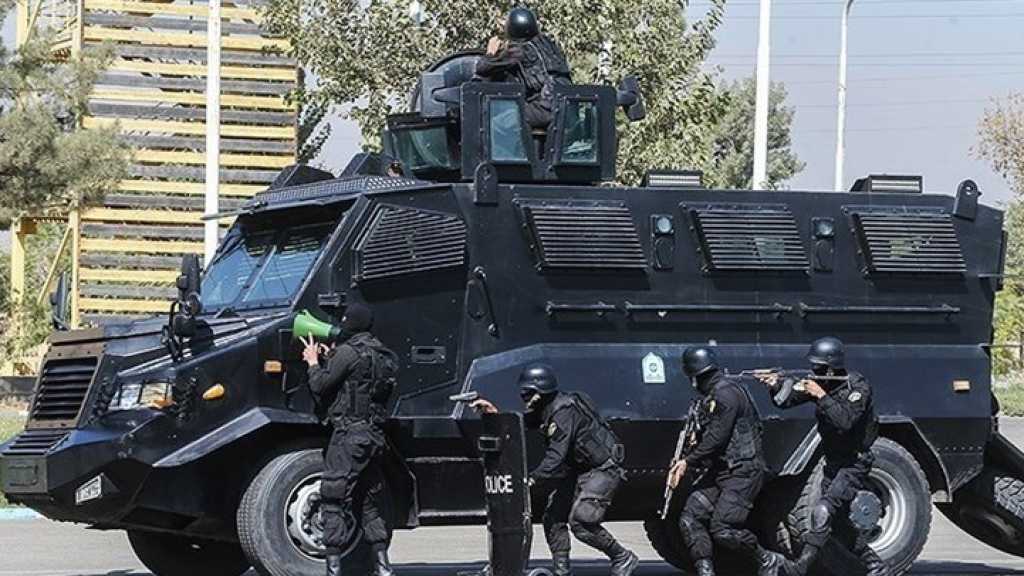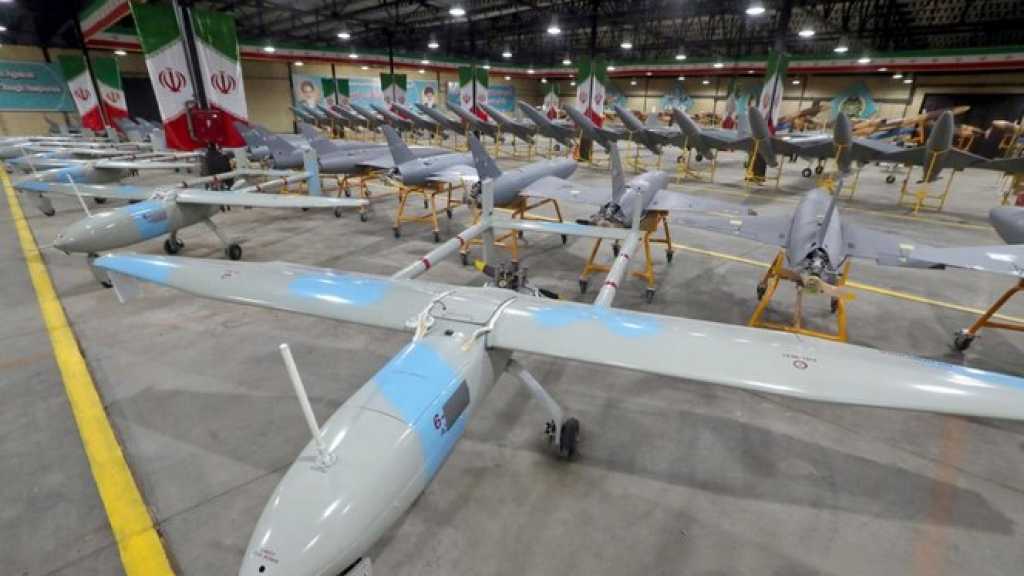
Iran UN Amb.: US Must Give Assurances Iran Will Fully Enjoy JCPOA Economic Benefits
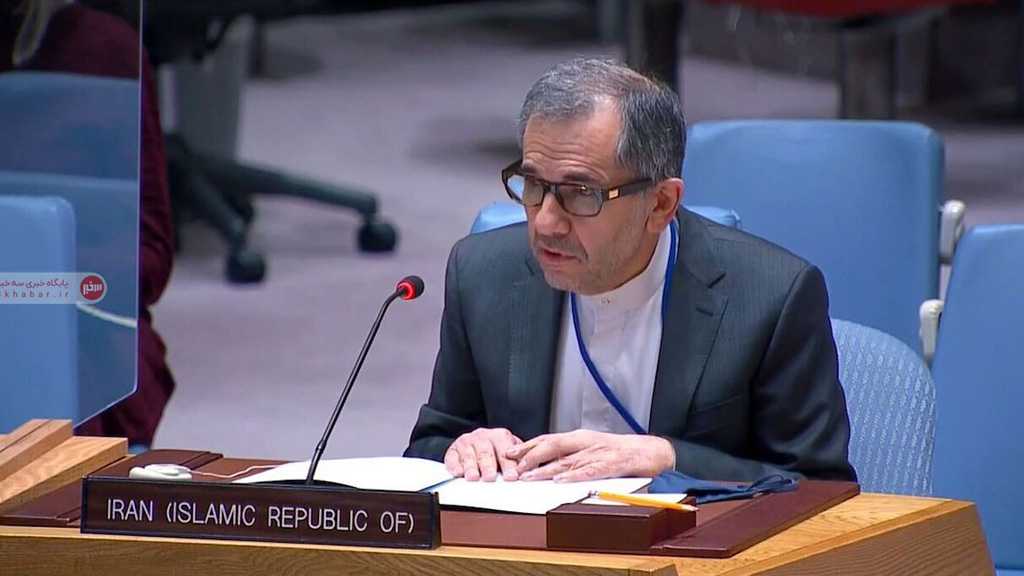
By Staff, Agencies
Tehran’s ambassador to the United Nations says the main obstacle to the revival of the 2015 Iran deal is Washington’s failure to give assurances that the Islamic Republic will fully enjoy the economic benefits of the accord.
Speaking at the 10th nuclear Non-Proliferation Treaty [NPT] Review Conference in New York on Wednesday, Majid Takht-Ravanchi said Tehran had acted responsibly and with strategic patience as well as maximum resistance during the course of negotiations to revive the pact, officially known as the Joint Comprehensive Plan of Action [JCPOA].
He said Iran had been negotiating in good faith with the five remaining parties to the JCPOA – Britain, France, Germany, Russia and China – in order to ensure the full implementation of the deal.
Takht-Ravanchi added that the onus was now on the United States to give assurances that Iran will enjoy the economic benefits promised in the agreement.
Iran will roll back its remedial nuclear measures and fully honor its nuclear-related commitments in accordance with the 2015 agreement once the US makes the right decision, he pointed out.
Negotiations have been held in the Austrian capital of Vienna since April last year to restore the JCPOA, which was ditched by former US President Donald Trump in May 2018.
In quitting the agreement, Trump unleashed what he called the “maximum pressure” campaign to bring Iran to its knees. Tehran maintains that the policy has failed dismally. The Biden administration agrees, yet it has not taken any tangible steps to deliver on its promise of repealing the policy.
In recent months, Iran has cited Washington’s indecisiveness as the reason behind the protraction of the talks, as a number of key issues remain unresolved, ranging from the removal of all post-JCPOA sanctions to the provision of guarantees by the American side that it will not leave the deal again.
In 2019, Iran started its retaliatory remedial measures by reducing its commitments to the 2015 nuclear deal after the European parties to the deal – France, Germany and Britain – failed to fulfill their commitments to Tehran by confronting the unilateral US sanctions.
Tehran began to gradually remove a cap set in the JCPOA on its nuclear activities at bi-monthly intervals. At the time, Tehran insisted if the Iranian economy was shielded from sanctions, it would reverse its nuclear decision.
Elsewhere in his remarks, Takht-Ravanchi said more than half a century after NPT entered into force in 1970, there were still thousands of nuclear weapons deployed and stockpiled, and hundreds of billions of dollars were spent to replace and upgrade nuclear arsenals.
“For instance, the United States has recently increased the role and number of its nuclear weapons; and this modernization costs around $1.2 trillion. The United Kingdom has announced its intention to develop and build 80 new nuclear warheads. France is spending billions of euros to gradually augment and upgrade its nuclear weapons and their launch platforms,” the Iranian diplomat said.
He underscored that the International Atomic Energy Agency [IAEA] should carry out its professional duties free from interference by third parties, particularly the intelligence services that provide unsubstantiated allegations.
Takht-Ravanchi emphasized that non-proliferation provisions should be applied globally and without exception.
“Unfortunately, as a result of the application of double standards in enforcing non-proliferation provisions, the Zionist regime’s nuclear weapons, developed with the support and assistance of the US, continue to pose a serious threat to the security of Middle Eastern member states of the treaty,” he said.
Iran’s UN envoy stated that the “Israeli” entity, since its inception in 1948, has committed all international core crimes, namely aggression against all its neighbors, war crimes, crimes against humanity and occupation of the territories of several neighboring countries.
He called on NPT member states to adopt appropriate deterrent measures against the law-breaking Tel Aviv regime.
“If this regime commits such foolish aggression, it will pay a heavy price. Furthermore, the supreme interests of our country, as a state party to the Treaty, will be jeopardized,” Takht-Ravanchi underlined.
“The Review Conference should promptly address this threat of the ‘Israeli’ regime. The Islamic Republic of Iran strongly supports the establishment of a nuclear-weapon-free zone in the Middle East and expresses its deep concern over the long delay in implementation of the 1995 Resolution and the 2010 Plan of Action on the Middle East,” he said.
Meanwhile, Syria's Permanent Representative to the United Nations Bassam Sabbagh said the entity’s nuclear facilities pose a major threat to regional and international security and must be subjected to comprehensive inspections.
Sabbagh said the “Israeli” entity refuses to join the NPT due to unbridled support of the United States and its Western allies.
He reiterated that Syria is committed to the treaty, and calls for the complete and comprehensive nuclear disarmament.
“Back in 2003, Syria presented a draft resolution on the establishment of a Middle East zone free of nuclear weapons and other weapons of mass destruction. The United States, however, obstructed that initiative.
“Syria also joined the Chemical Weapons Convention in 2013 in a step aimed at that objective,” Sabbagh stated.
He noted that Syria hopes the 10th NPT Review Conference would make a genuine progress towards achievement of the treaty’s goals.
